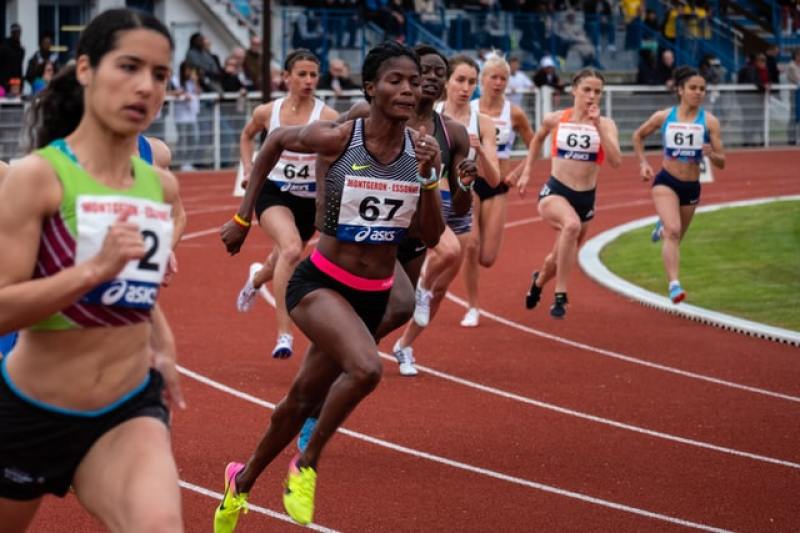
Experts say that the PBS Poll on American support for transgender policies produced biased results due to "euphemisms to prevent understanding."
In an interview with Townhall, American Principles Project Director of Policy and Government Affairs Jon Schweppe cited the PBS NewsHour/NPR/Marist poll released on Friday to have asked double-meaning or vague questions to respondents that resulted in their claim that "Americans overwhelmingly oppose anti-transgender laws."
"Polls often produce different results based on how questions are worded. The Marist poll is worded with a bunch of euphemisms to prevent those polled from fully understanding what is being asked. As our polling shows, the numbers change dramatically when we get specific," Schweppe raised.
Schweppe told Townhall that specific questions such as "Should boys and men who identify as women be allowed to compete in girls and women's athletics?" would get a consistent "no" poll response in the mid-70s. He provided to Townhall, as example, poll results from Spry Strategies that provided clear results unlike that of PBS'.
In addition to Schweppe, Townhall pointed out National Review Writer Madeleine Kearns who condemned the PBS poll as misleading.
Kearns said the PBS claim that the Human Rights Campaign report of "more than 30 state legislatures" with "more than 115 bills that would limit transgender rights, from participation on sports teams to access to medical care" is a "first red flag" because the very organization reporting it is "an extremely bloated and powerful lobby group" aimed to "enshrine gender identity ideology into law and life by hijacking the legacy of Civil Rights."
"The whole thing is so shrouded in euphemism, and so lacking in factual context, that these polls tell us nothing about what Americans really think about the policy consequences of transgender ideology," Kearns stressed in her report on the matter.
As per PBS' polls, "two-thirds of Americans are against laws that would limit transgender rights" and that more than 50% "personally know someone who is transgender," which translates to 39% Republicans, 53% Democrats, and 61% independents. Broken down by age, this means that people below 40 "more than twice" know someone who is transgender, which translates to 65% of Gen Z and millennials and 28% for Baby Boomers or those aged 74 years above.
The PBS Poll also said that less than 30% support state laws that prohibit gender-affirming care for minors, which translates to 26% Republicans and 26% Democrats. It also raised that "these proposed laws are unpopular" on the national level because overall only 28% of Americans support the said bills.
The PBS polls also asked on the Equality Act's favorability among Americans and said that 63% of "national adults" support it, 32% oppose, and 5% were unsure about it. This translates to 90% of Democrats, 32% of Republicans, and 62% of independents in support of the Equality Act. While 8% of Democrats, 61% of Republicans, and 34% of Independents are against it. While a small fraction remain unsure at 2% Democrats, 8% Republicans, and 4% Independents.
Contrast these results to that of the Spry Poll that showed 54.09% of registered voters in two states and nationwide strongly disagree to the question "someone who was born male but identifies as a woman should be allowed to compete in girls' or women's athletics." The same question garnered a 13.26% unsure / no opinion response, 12.86% somewhat disagree, 11.43% somewhat agree, and 8.37% strongly agree on a national level.
While 54.57% of registered voters in 2 states and nationwide responded they strongly disagree to the question, "Children who say they identify as transgender should be allowed to undergo cosmetic surgeries to resemble the opposite sex or take off-label medications and hormones that can make them sterile while they are under the age of 18?" Other respondents to the question replied 12.49% unsure / no opinion, 12.37% somewhat disagree, 12.54% somewhat agree, and 8.03% strongly agree" on a national level.





























